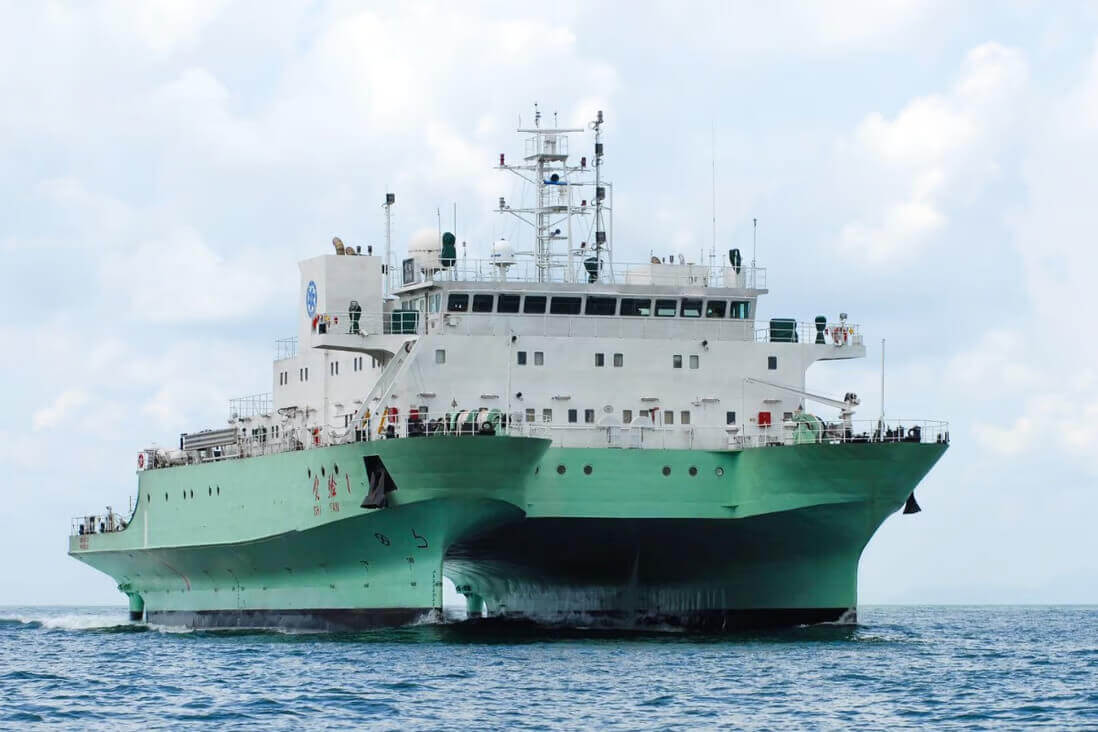Chinese research vessel Hai Yang Shi You 760 crossed the Malacca Straits earlier last week, concluding its four-month-long mapping exercise in the Indian Ocean.
The Chinese survey vessel is reportedly near Singapore’s coast and will dock at the Chinese port of Zhangjiang. It will temporarily halt at Indonesia’s Balikpapan to restock its supplies.
China’s Growing Naval Influence
Over the past years, China has been deploying vessels and strategic satellite tracking ships in the Indian Ocean to find an alternative shipping route to Africa via Lombok in Indonesia. In fact, it has over 60 ships deployed for “ocean survey.”
As a significant source of concern for countries in the region, Chinese nuclear submarines can enter the Indian Ocean through Lombok and approach Africa without detection. As a result, it is a suitable alternative for China compared to the Malacca and Sunda Straits, where the submarines inevitably surface due to depth issues.
To this end, China has involved African countries through the Belt and Road Initiative. It has also given several African countries off-shore patrol vessels under the pretense of helping them with maritime security.
Experts predict that these exercises can allow China to begin its patrols in the Indo-Pacific as early as 2025.
With this, China is using its naval force, the biggest in size and number, to assert its global influence over oceans.
China’s militarization of Myanmar’s Coco Island threatens India: “If such a base is fully established, surveillance flights could track movements to and from the Andaman and Nicobar Islands and survey the Indian Ocean.”https://t.co/hta9jLTxwj
— Derek J. Grossman (@DerekJGrossman) April 16, 2023
Impact on the Region
The exercise comes just days after China announced Mandarin names for 19 seabed features in the Indian Ocean.
Earlier this month, Beijing also identified two locations in contested regions in the South China Sea which will be frequented by its research ships. In addition, it announced 33 fixed reference sections, some of which are extremely close to US military bases and Taiwan.
These developments are likely to irk major regional players, such as India and Indonesia, given that Beijing already has economic and political influence over countries in the Indo-Pacific, including Sri Lanka, Myanmar, Cambodia, Pakistan, and Laos.

